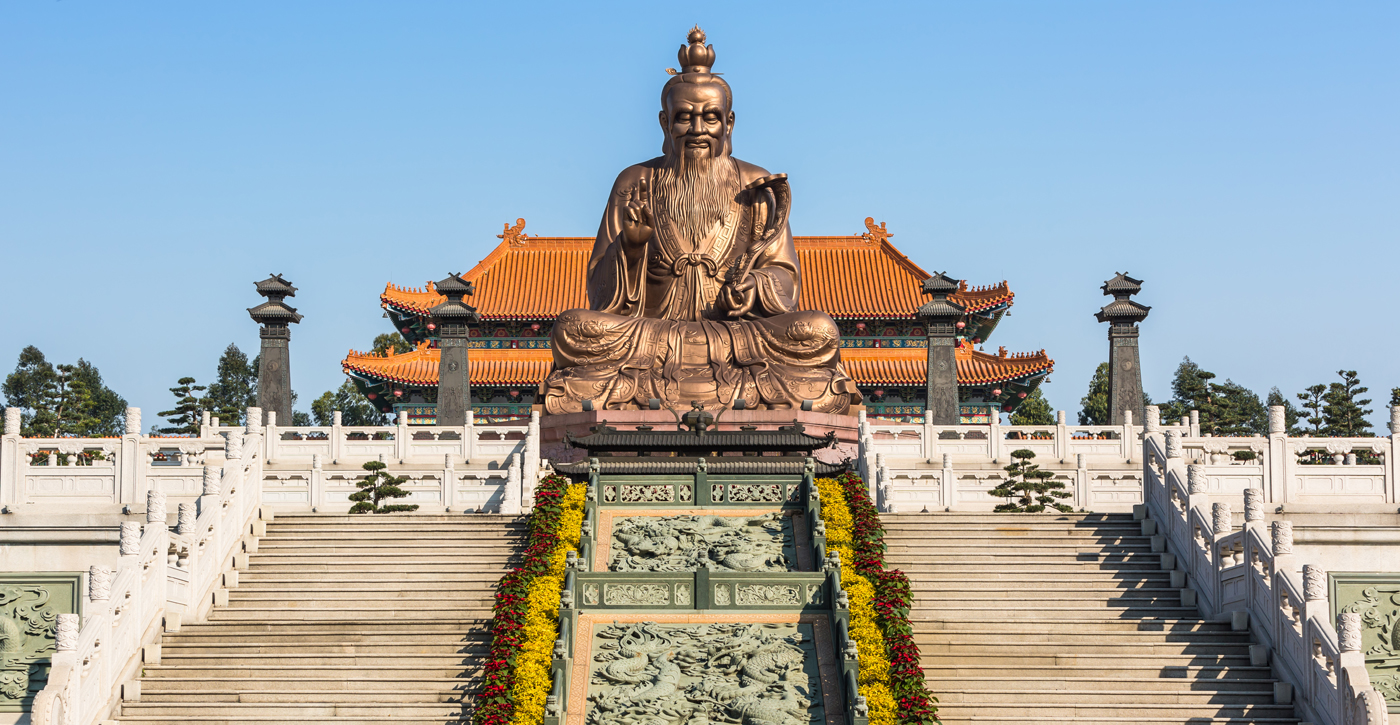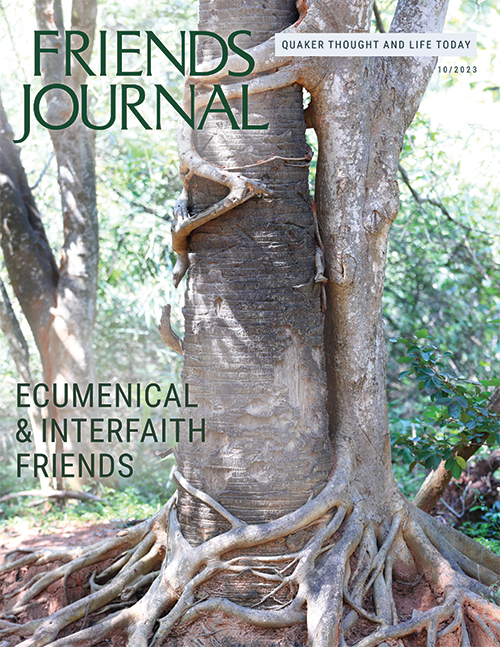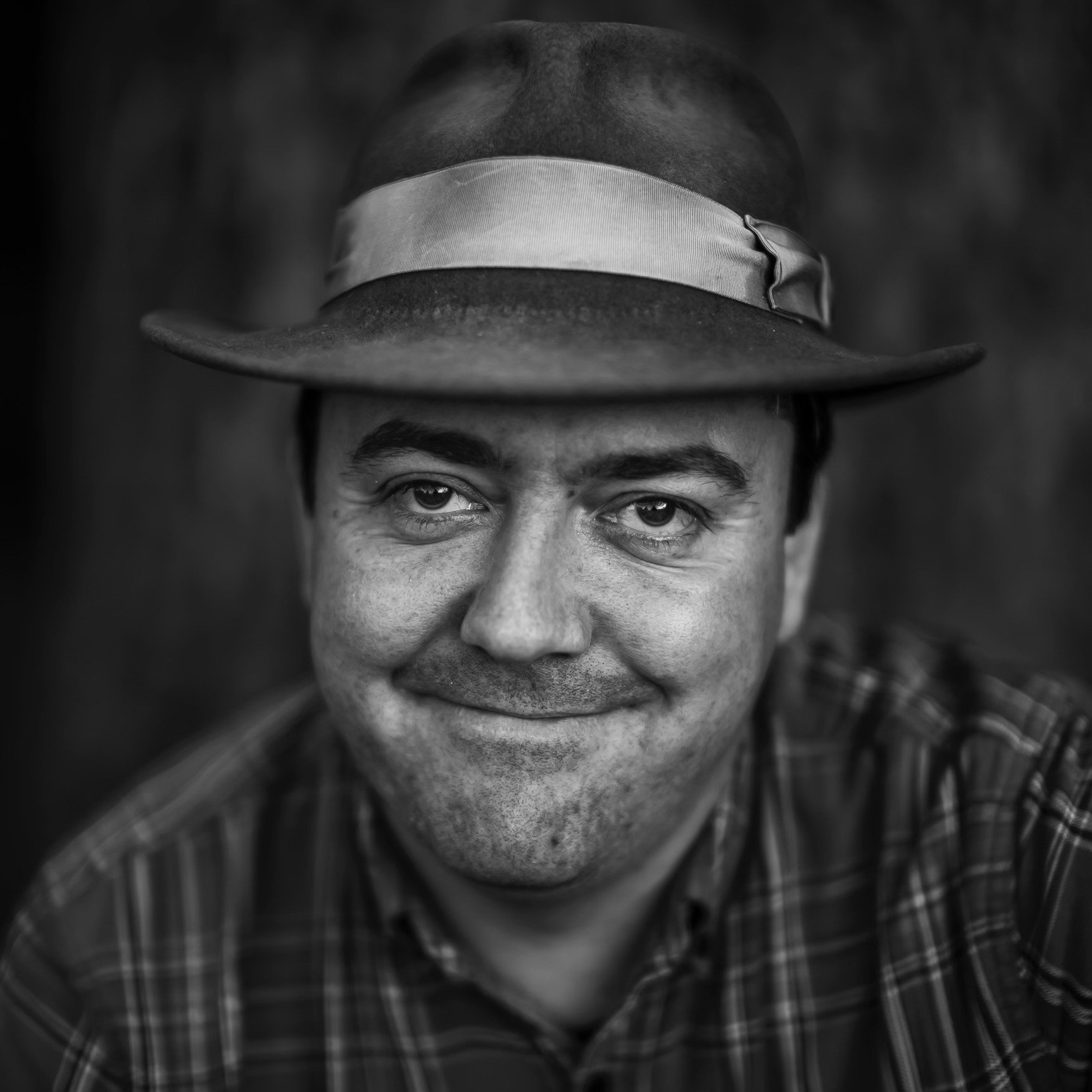The Way that can be followed is not the true Way
The Name that can be Named is not the true Name
So begins the Tao Te Ching (D.C. Lau translation) with a declaration that Laozi cannot describe with words—any more than can others—the truth of the Tao (or Way). He ascribes to it humility, stillness, silence, and the ever-present capacity to birth greatness, change, and thunder.
Nowhere in my life have I ever seen the full potential and possibility of the Tao and its comfortable paradoxes than in a gathered meeting for worship.
Out of George Fox’s quiet walks in nature, Bible in hand, came his Spirit-led accusations in the steeple houses of Furness and the streets of “bloody” Lichfield. I think he might have been a sage. From willful disobedience of the common law came the children’s meeting of Reading, the marches of Bayard Rustin, and the quiet conviction of George Hirabiyashi and Mary Dyer. Out of silence does action emerge, and back to silence does it return: an eternal wheel of action and stillness; of silence and speech; of day of jubilee and long, dark night of the soul: all rooted in the ineffable quiet of the still, small voice.
After all, don’t we joke that the only time Friends are silent is for an hour on Sunday?
Our resistance to the wicked ways of the world, what Laozi elliptically dubbed “civilization” and “artifice,” is the way of water. We wear away at injustice, like the dripping water that carved the Grand Canyon, accumulating power and speed over the centuries as more drops follow the trail we have notched, and notch the rock still farther. We shift between the powerful burning blasts of a Benjamin Lay—so like steam—and the fluid softness of a John Woolman, now a notary and now a tailor, able to fill the space of a slaveholding Friend’s parlor and infuse them with himself to make an emancipator. Then we see the implacable sangfroid of a Levi Coffin, quietly going about his business of liberation and refusing to move: a block of ice in human form.
Nowhere in my life have I ever seen the full potential and possibility of the Tao and its comfortable paradoxes than in a gathered meeting for worship.
When I lived in China for five years, I visited a number of Taoist temples and sacred mountains with the burning conviction of a convert. Every pagoda was bedecked with gold, noxious with incense, peopled by priests, and littered by laymen. Even the snows of Wudang were dirtied, though I kowtowed before Zhang Sanfeng and promised to learn his gentle art of self-defense. When I step into a meetinghouse, especially an old one with clear windows on qing greenery; weathered wood; and simple, harmonious beauty, I feel I am standing in the pagodas of old: the rude places that so pleased Laozi and Zhuangzi and their numerous followers.
I do not begrudge Chinese Taoists their gold and incense. I learned long ago that “God calls one with a shout, another with a song, and yet a third with a whisper.” My wife sings her Hebrew prayers and touches that mystery that my mother feels in the Anglican Communion and that I feel in the silence of a gathered meeting. But as for me, in so many ways, the meeting is a flower of the truth of the Tao, more so than any other practice.
The unprogrammed meeting is formless. As Bruce Lee said, we must “be like water, my friend,” and the meeting is. It is in essence humble, without gold or priest, without smells and bells, but can rise to prominence without unnecessary struggle: only by remaining what it is, what we are, and remaining true to our conviction. Laozi praises “the uncarved block.” Though every activist action, every principled stand, every named testimony (can the testimony that can be testified be the true witness?) carves our own block, the silence of the meeting remains forever uncarved. The silent meeting is mother to action, as the Tao is an obscure mother to “the myriad creatures.”
The Quaker embraces 為無為, “actionless action,” even by another name. (But what of names? The reality of the thing can never be constrained by names.) We embrace it with every leading we follow, when it would take more work to struggle against than to humbly submit to it, quietly refusing to stand aside, to swear, or to take up “carnal weapons.” Even our dramatic stands (and we have our share) are simply doing “what comes natural” as my father describes Quaker practice. And the natural way is what Laozi describes in his psalms, what Zhuangzi jokes about in his parables, what Du Fu praises in his poems, and what Wu Boli depicts in his landscapes. To do “what comes natural” is the way of Taoism (insofar as the Way can be followed), and I have known no Friend to do otherwise in following when led.
Even Quaker theology is close to Taoist philosophy. Zhuangzi in one of his parables dresses down a scholar, comparing the venerated writings of the ancients to the “dregs in the bottom of the teacup!” Bitter “dregs” is all that is left after the juice of the ancient’s life is gone. We do not go so far in disparaging Scriptures. Conservative Friends uphold the Bible as a mirror for reflection and a secondary source to confirm the Spirit’s promptings. Liberal Friends, each having our own written touchstones, hold experience and experiment over dogma, the immediate and ongoing revelation over the letters of the saints, however we may or may not exalt them. To hold the liquid liquor of the tea over the dregs: is this not also Taoist and not solely Quaker? Is this not also Quaker and not solely Taoist? And yet, Zhuangzi was an ancient, his Zhuangzi so much dregs, and I hold his words to be true. But Friends are comfortable with the paradox that sits at the heart of every religion.
Because nowhere do I see the Tao, the Way of sages, and the three treasures spoken of by Laozi better expressed in the world than in silent worship. Nowhere do I see more sages per capita than among the ranks of Friends, great and small.
Yet, why would an avowed Taoist, a martial artist; daily caster of the I Ching; reader of the Tao Te Ching, the Zhuangzi, the Liezi, the Commentaries of Wang Bi and Guo Xiang; and Bruce Lee’s Tao of Jeet Kune Do want to sit in the Christo-centric Sunday meetings of the Quakers?
Because nowhere do I see the Tao, the Way of sages, and the three treasures spoken of by Laozi better expressed in the world than in silent worship. Nowhere do I see more sages per capita than among the ranks of Friends, great and small. Nowhere do I feel closer to sitting in clear sight of the obscure, small mother of ten thousand creatures than in the inward Light that illuminates all things.
This is my own experimental knowledge, and not stolen from the saints, sages, or sadhus. And this is why I sit every Sunday, through dryness and ecstasy—liars both—and listen to the Light: suffused in the steeped liquor of that nameless verb which is both Creator and creation. This is where I see mountains wear down, seas exalt, night and day take their turn, all governed by a deeper, darker, subtler way: a way that I can follow, if I do not struggle or take sides.
This is my faith and practice.





2 thoughts on “A Friend with Taoist Leanings”
Comments on Friendsjournal.org may be used in the Forum of the print magazine and may be edited for length and clarity.